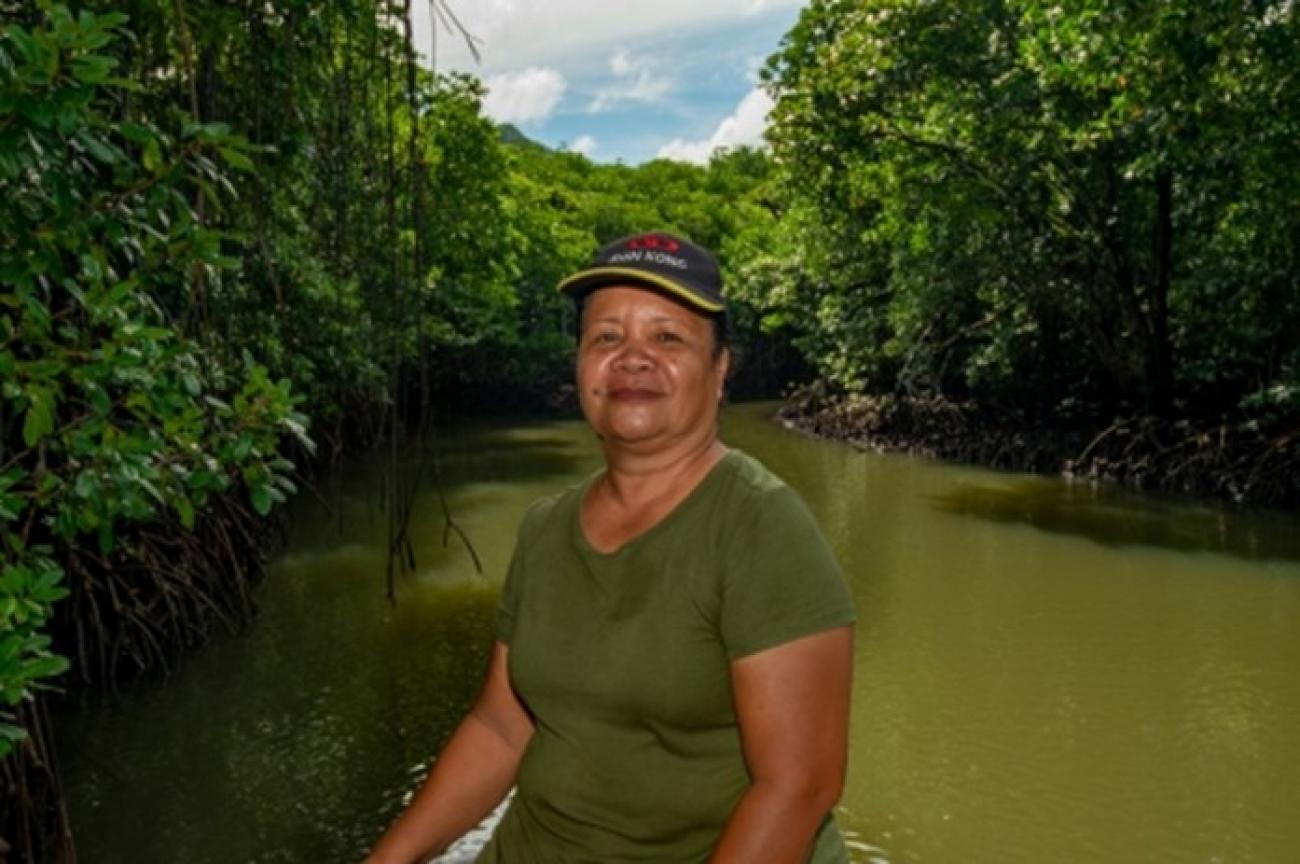In the beautiful setting of Palau in the Pacific, women stand at the forefront of agriculture, making substantial contributions to food production and the rural economy. Despite their vital role, these women grapple with challenges – limited access to resources, including land and credit, and fewer opportunities for education and training. Traditional gender roles and cultural norms add an additional layer of complexity to their involvement in agricultural activities. However, their dedication shines through, despite facing persistent obstacles.
In Palau, particularly in Koror, urbanization and environmental regulations make it difficult to access land for farming. Livestock farming is subsequently banned for environmental and health reasons. Residents of Koror keen on animal husbandry explore land leasing agreements in Babeldaob, which is a 27-minute drive away. Furthermore, farmers, often retirees, utilize pension funds and loans from the National Development Bank of Palau to offset the initial high costs of starting farms.
To address these challenges, the Food and Agriculture Organization of the United Nations (FAO) and Global Affairs Canada extend support to the Palauan government. This involves awareness programs and the installation of home biogas systems. A total of 44 farmers, including 22 women farmers received training on the operation, maintenance, and safety measures of home biogas systems.
Rosalinda Ongalibang, president of the Palau Livestock Association, appreciates the practical solutions provided by FAO. "Now, I don’t need to purchase costly imported feed or gather firewood; instead, I can get these resources from my own garden," she notes. Rosalinda's positive experience has inspired many farmers in Palau to adopt home biogas, reducing costs and contributing to environmentally friendly practices. This shift not only provides extra income for farmers but also reduces greenhouse gas emissions, minimizes the need for chemical fertilizers, and promotes climate-resilient farming in Palau.
Furthermore, to bridge the digital divide, FAO promotes digital solutions through the AgriLink platform under its Digital Village initiative. Agrilink targets 20 women farming groups in Babelbaob, representing over 210 women across 10 states. With digital tools, improved seedling distribution, real-time advisory services, and a commitment to sustainability, AgriLink aims to stimulate comprehensive growth. Through this initiative, FAO envisions a future where women farmers play a central role in shaping a sustainable agricultural landscape. This Women's Day, let's celebrate the resilience and achievements of Palauan women in agriculture, working towards a more empowered and sustainable future.





